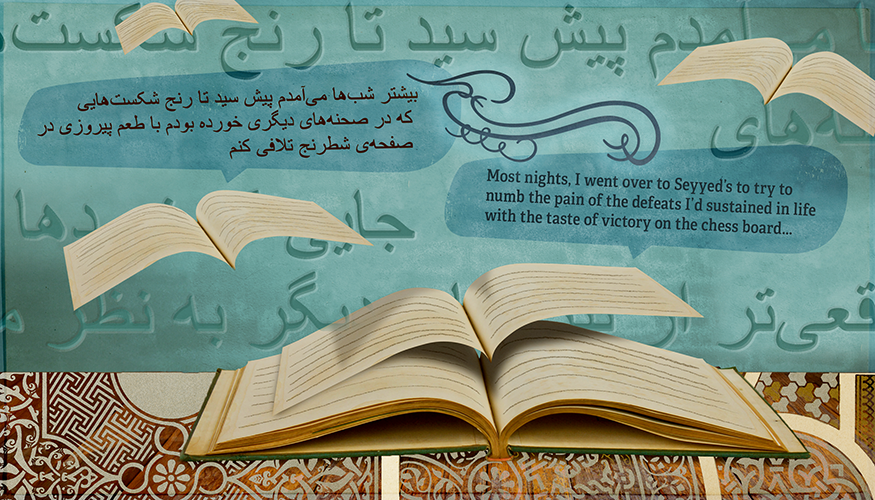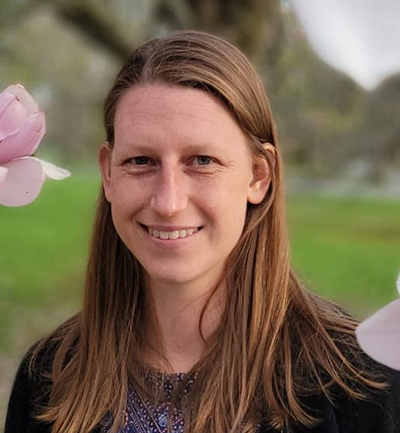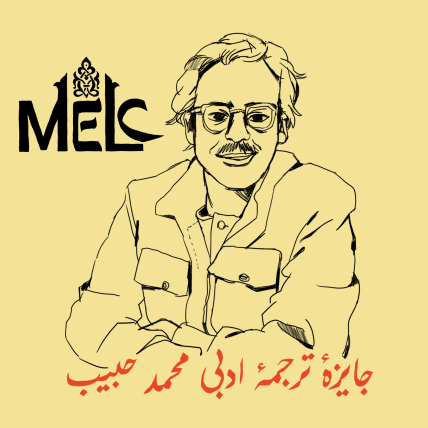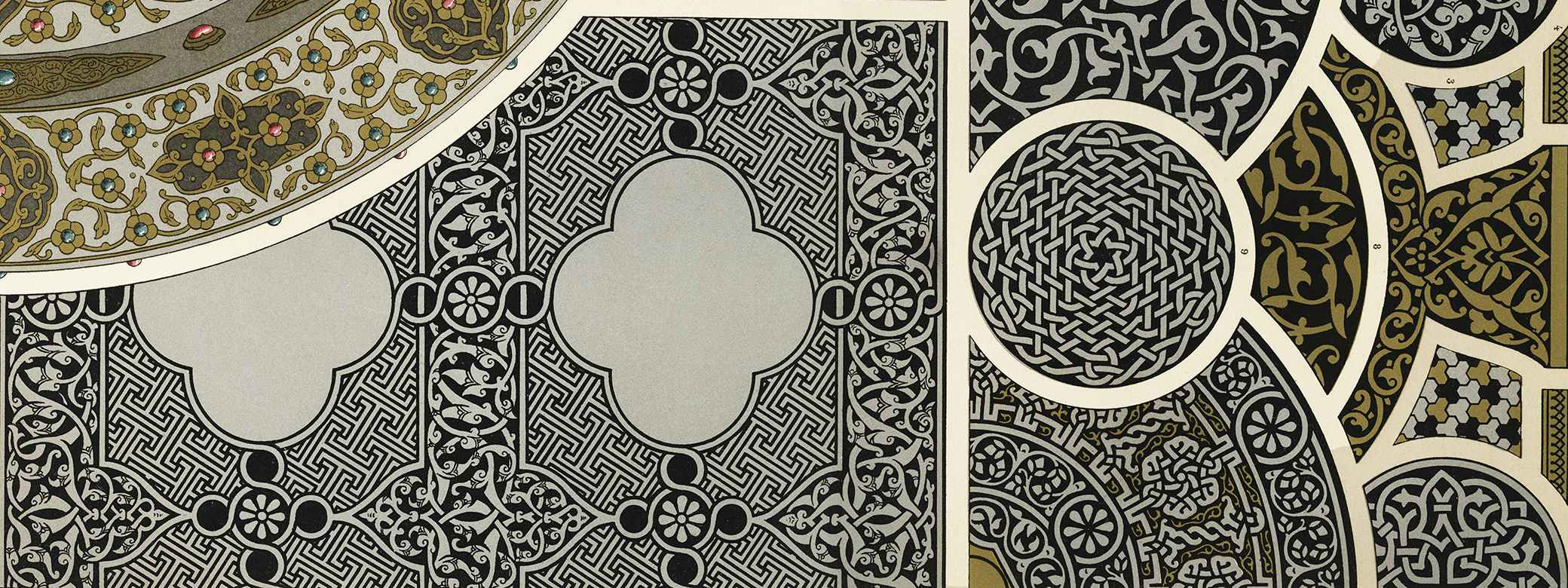
Translators deserve our thanks. Without them, the works of Dostoyevsky, Murakami, Kundera, Ferrante, and many other literary greats would be lost to English language readers. Yet only a fraction of world literature is translated into English, with only a tiny sliver translated from Persian.
The UW Department of Middle Eastern Languages and Cultures (MELC) would like to change that. Thanks to MELC’s Mo Habib Translation Prize in Persian Literature, more Persian texts will be introduced to English language readers. The prize, funded through support from the Mo Habib Memorial Foundation, is led by Aria Fani, MELC assistant professor and Elahé Omidyar Mir-Djalali Professor in Persian and Iranian Studies.
This spring, the Mo Habib Translation Prize selection panel reviewed more than 20 Persian-to-English translations from Iran, Afghanistan, and their diasporas to select the inaugural recipient of the prize. They chose Michelle Quay’s translation of the contemporary novel “Woodwind Harmony in the Nighttime” (“Hamnava’i-ye shabaneh-ye orkestr-e chubha”) by Reza Ghassemi.
It’s not an exaggeration to say this is an unprecedented opportunity.
Quay, lecturer of Persian at Brown University, will receive $10,000 as winner of the prize. Ghassemi will receive $5,000. The prize includes publication of the translation by Deep Vellum, the largest publisher of literature in translation in the US. The publisher will receive $5,000 to offset publication costs.
“It’s not an exaggeration to say this is an unprecedented opportunity,” says Quay. “There’s one other award for Persian translation, but it’s only for translations that have already been published and tends to go to big names in the field. What’s great about the Mo Habib Prize is that it offers a structured pathway to getting works published — including the work of authors who are lesser known in the West.”
A Deeply Creative Process
Quay is not a native speaker of Persian (also known as Farsi), but many of her childhood friends in Southern California were Iranian and she loved hearing them speak the language. As a teenager, she attended a community Persian language school run by a friend’s mother.
“It was me and a bunch of five- and six-year-old Iranian kids who spoke fluent Persian but couldn’t read it,” she says. “It was a wonderful, vibrant environment to start learning the language.”

In college, Quay continued with Persian and discovered an affinity for translation. She eventually earned a PhD in classical Persian literature from the University of Cambridge. She has translated poetry and short stories, but this is her first book translation project.
Whatever the source material, Quay finds translation challenging in the best possible way. “There is the perception that a machine could do a translation, that it’s just a word-for-word process, but it’s actually deeply creative,” she says. “You’re adding extra constraints on yourself by having the material underneath you, but ultimately you’re producing another work of art if you’re doing it well.”
For her book project, the “material underneath” is a contemporary novel that follows the life — and afterlife — of an Iranian man, recently arrived in Paris, who finds himself amidst a bizarre group of exiles trying to eke out an existence in the French metropolis. The book intrigued and puzzled Quay upon her first reading. “I thought, ‘Wait, what is going on in this novel?’” she recalls. “That’s actually why I started translating it.”
Quay also liked the voice of the narrator, whose wry humor balances the book’s very dark events. But translating that humor from Persian to English was difficult. “If you translate it literally, you’re just kind of killing the joke,” Quay says.
The judges felt Quay managed that challenge masterfully. “Darting among absurd characters and comical episodes, Dr. Quay’s translation sample is a romp to read, and draws the reader in with ease, while also dropping anxious hints at the provocative political and social questions the novel promises to raise about the immigrant experience,” the judges noted in their comments.
The Power of Donor Support
Quay looks forward to more readers discovering Ghassemi’s intriguing novel in translation. So does Fani, who proposed the idea of a translation prize after the Mo Habib Memorial Foundation reached out to Shahrzad Shams, now-retired UW teaching professor of Persian language and culture, about making a gift.

Mo Habib’s wife, Superior Court Judge Susan Amini, and son, former Washington State Lieutenant Governor Cyrus Habib, together established the foundation in memory of Mo Habib, who moved to the U.S. from Iran in 1970 to attend the UW. After earning a BS and MS in engineering and construction management, Habib went on to work as a project manager and structural engineer. He was also a successful real estate investor.
“Mo was someone who loved both Iranian and American culture, and so we are thrilled to be partnering with his alma mater, the University of Washington, to promote new translations of Persian works and make them available to an English language audience," the family shared in a statement. "Literature has a unique ability to bring people together, and it is our hope that the Mo Habib Translation Prize will contribute in some small way to that essential work. We applaud this selection, and congratulate Dr. Quay and Mr. Ghassemi on this achievement. We’re excited to read the published translation very soon."
MELC is now gearing up for the second cycle of the Mo Habib prize — a call for entries will be announced in September — while working with Deep Vellum to have Quay’s translation published by early 2025.
“I was very excited to learn that Deep Vellum was on board as the publisher,” says Quay. “They have a really strong name in publishing translations. It’s an incredible honor to have the opportunity this brings. I’m still not believing it yet.”
Fani hopes this is just the beginning for the prize, given the many wonderful books written in Persian. He would love to see the same prize-to-publication approach expanded to other minoritized languages. But that’s for another day.
“We translate very little into English from any language,” Fani says. “Only four percent of all books published in English are works of translation. An even smaller number are works of literature. The world reads us, but we don’t read the world. We’re doing our small part to change that.”
More Stories

AI in the Classroom? For Faculty, It's Complicated
Three College of Arts & Sciences professors discuss the impact of AI on their teaching and on student learning. The consensus? It’s complicated.

A Love of Classics and Ballroom
Michael Seguin studied Classics at the UW and now owns Baltimore's Mobtown Ballroom. The two interests, he says, are more connected than they might seem.

Need a break from holiday movies? Try these
For those wanting a break from holiday movies, Cinema & Media Studies faculty and grad students offer suggestions.
